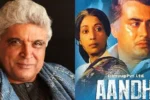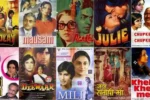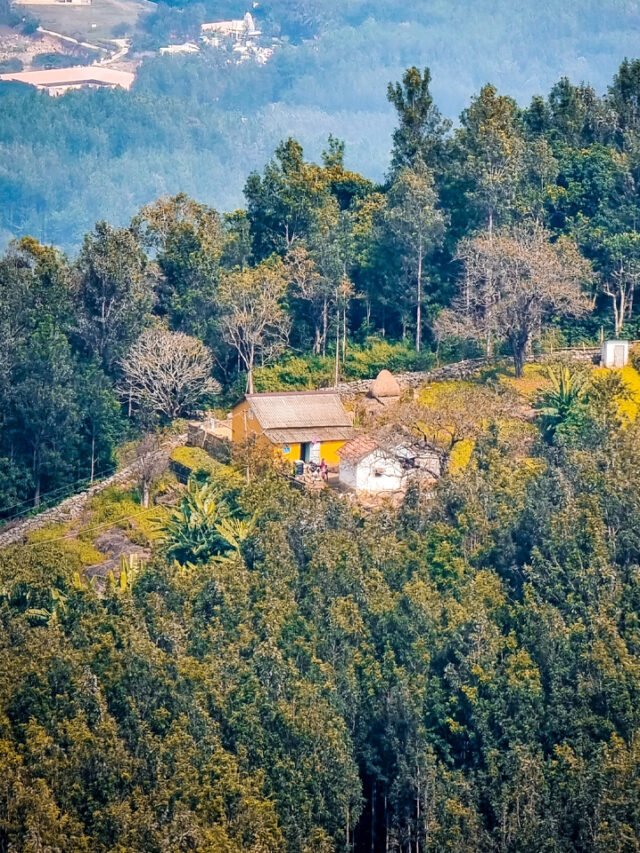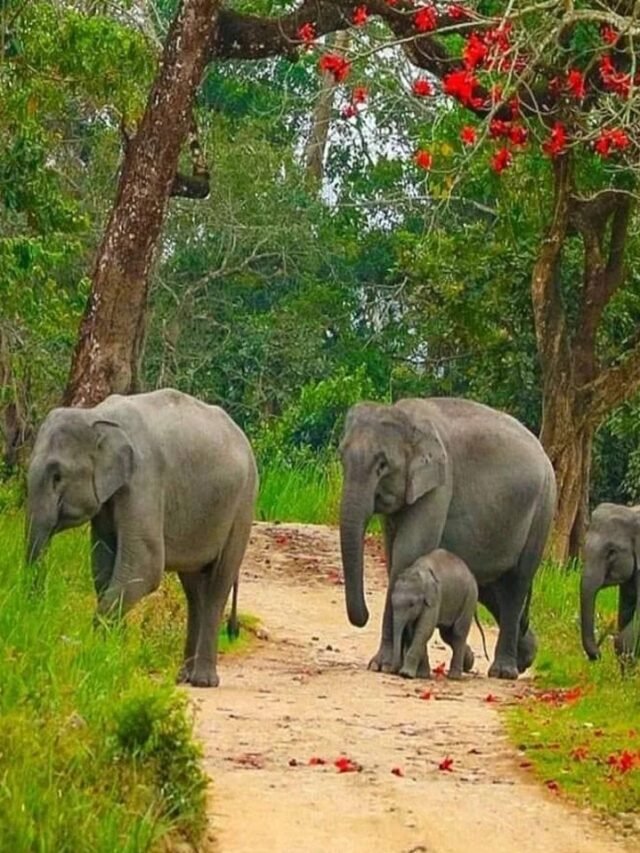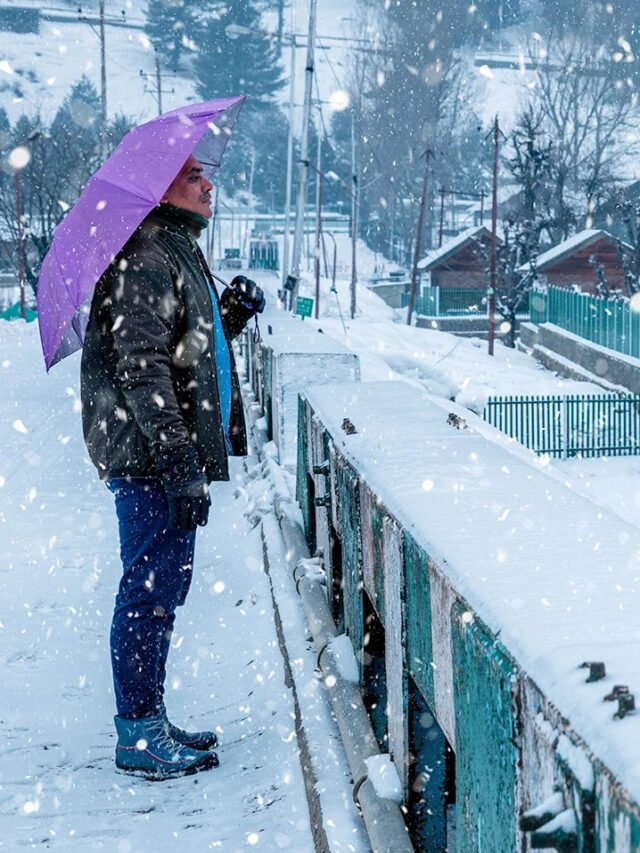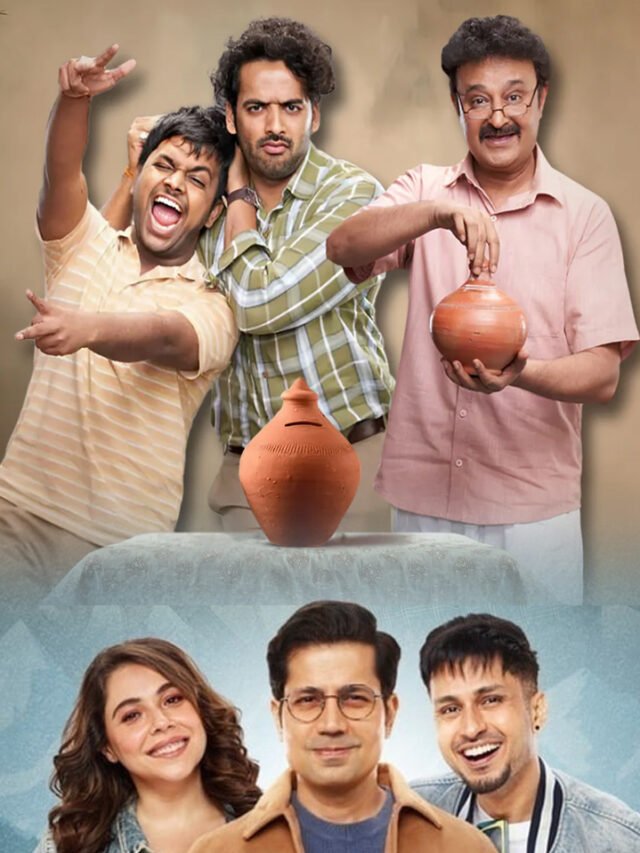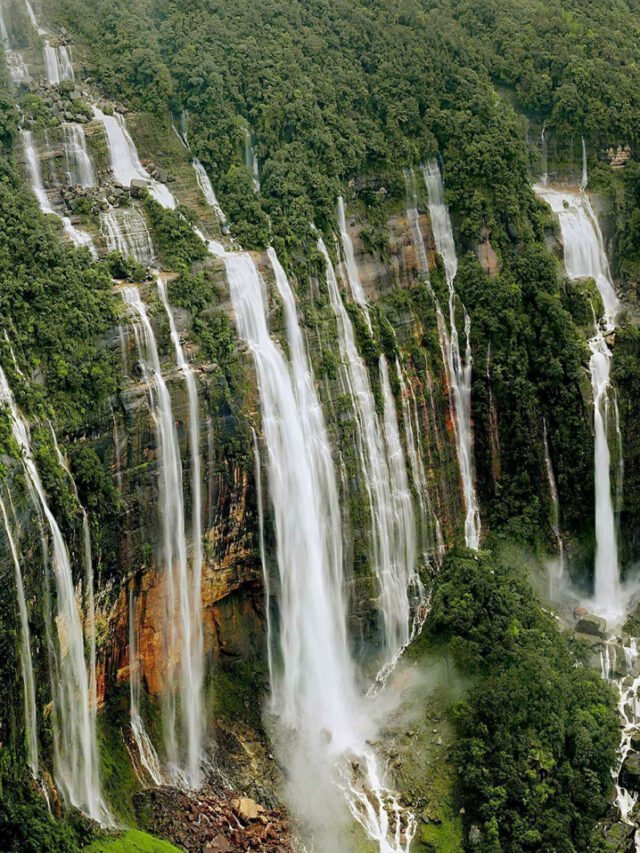New Delhi, June 23: Kishore Kumar was banned from All India Radio and Doordarshan, “Aandhi” was axed from the big screen after its release and political satire “Kissa Kursi Ka” didn’t see the light of day at all… the Emergency years were a time of great churn for the film industry where creativity peaked but so did censorship.
Then prime minister Indira Gandhi declared Emergency in the country on June 25, 1975, plunging the country into turmoil. And it was not just about politics. The entertainment sector felt the brunt of the long, repressive arm of the state and those who did not toe the line suffered hugely.
It was a stand out 21 months — Emergency was lifted on March 21, 1977 — that also saw Dev Anand start his own party, the National Party of India, in protest against the regime. The apolitical star brigade came out in strong support of the Janata Party with artists such as Pran, Shatrughan Sinha, Pran, Vijay Anand and Danny Denzongpa making their opinion known.
“During the Emergency, the film industry galvanised itself and stood against the government… At least the key people of the film industry had the guts to stand up to the government and say, what are you doing is not right,” film historian and author S M M Ausaja told PTI.
In a 2003 interview with Reader’s Digest, Dev Anand described how he suffered the consequences of refusing to praise Sanjay Gandhi. His films were banned from being screened on Doordarshan.
“They pushed us film people to the wall, and I got annoyed. They banned Kishore Kumar songs from All India Radio and Doordarshan because he didn’t toe their line. And they called us to New Delhi to sloganeer for Sanjay Gandhi.
“I met (then) information minister VC Shukla and told him, ‘I’ll take part only if you admit we’re now a police state’. He backed off. Then opposition leaders approached me for support. I spoke at their rallies and even formed the National Party of India (NPI),” Dev Anand recalled.
After the Emergency, the actor wound up his party because he said he was disillusioned with the Janata coalition The period, Ausaja said, was a big blow to the freedom of expression in the field of cinema. (PTI)



